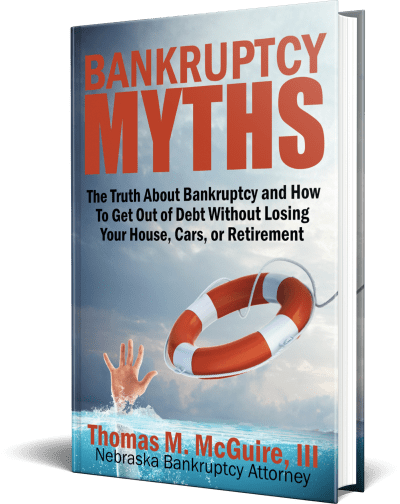Filing for bankruptcy is a complex process that can have significant implications on various aspects of your financial life, including your assets. For homeowners, one of the most pressing concerns when considering bankruptcy is what will happen to their house. In this article, we will explore the implications of filing for bankruptcy in Nebraska and how it affects your house.
Understanding Bankruptcy in Nebraska
Bankruptcy is a legal process that provides individuals and businesses with a fresh start by eliminating or repaying their debts under the supervision of the court. In Nebraska, bankruptcy cases are filed in the United States Bankruptcy Court for the District of Nebraska. There are different types of bankruptcy filings, but the two most common for individuals are Chapter 7 and Chapter 13 bankruptcy.
Chapter 7 Bankruptcy
Chapter 7 bankruptcy, also known as liquidation bankruptcy, involves the sale of non-exempt assets to repay creditors. However, Nebraska has a homestead exemption that can protect your home equity up to $60,000.
If your home equity exceeds the exempted amount, the bankruptcy trustee may choose to sell your property to pay off your debts. However, it’s important to note that the trustee will typically only sell the property if there is sufficient equity after accounting for exemptions, liens, and selling costs. If there is little to no equity in your home, it is less likely that it will be sold. The Nebraska homestead exemption laws are complicated, and therefore it is important to speak with an experienced Nebraska bankruptcy attorney if you are considering bankruptcy.
Chapter 13 Bankruptcy
Chapter 13 bankruptcy, also known as reorganization bankruptcy, involves creating a repayment plan to pay off your debts over a three to five-year period. Under Chapter 13, you may be able to keep your house and catch up on missed mortgage payments through the repayment plan. It allows you to restructure your debts and avoid foreclosure, provided you make your mortgage payments and fulfill the obligations of the repayment plan.
The Automatic Stay
When you file for bankruptcy, an automatic stay goes into effect, which temporarily stops most collection actions, including foreclosure proceedings. This means that if your house is facing foreclosure, the filing of bankruptcy will provide a temporary respite, giving you time to work out a solution to your financial difficulties.
However, it’s important to note that the automatic stay is not a permanent solution. If you are unable to make mortgage payments or reach an agreement with your lender, the lender may seek relief from the automatic stay, allowing them to proceed with foreclosure.
Consulting with a Nebraska Bankruptcy Attorney
Navigating the bankruptcy process can be challenging, and the outcome can vary depending on your specific circumstances. It is crucial to consult with an experienced bankruptcy attorney who can guide you through the process and provide personalized advice based on your situation. A bankruptcy attorney will help you understand the exemptions, analyze your home equity, and explore the best course of action to protect your house.
Filing for bankruptcy in Nebraska can have implications for your house, but the outcome depends on several factors, including the type of bankruptcy filing, your home equity, exemptions, and your ability to make mortgage payments. While Chapter 7 bankruptcy may involve the potential sale of your house if the equity exceeds the exemption amount, Chapter 13 bankruptcy offers the possibility of keeping your home and catching up on missed mortgage payments through a repayment plan. It is essential to consult with a bankruptcy attorney to fully understand the implications of bankruptcy on your house and explore the best path forward based on your unique circumstances.



